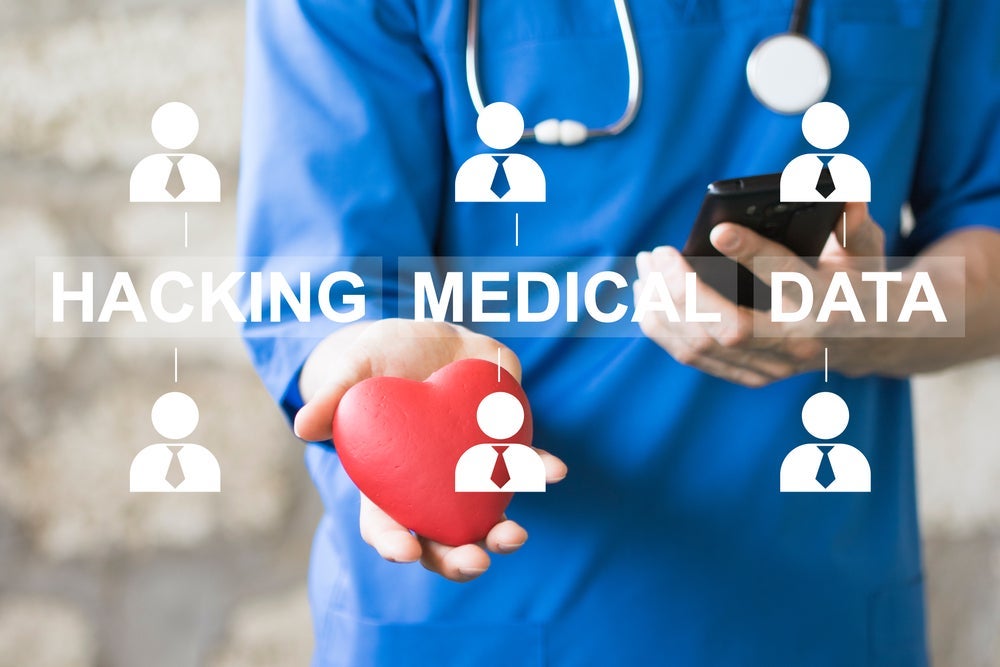
Prescription drug prices, particularly in the US, have been skyrocketing over the past decade at a significantly higher rate than inflation. It is obvious that something has to change as many patients with chronic conditions will soon not be able to afford their medications due to out-of-pocket costs increasing at unsustainable rates.
Artificial intelligence (AI), Big Data, and blockchain technology are the top buzzwords across many industries today, including the pharmaceutical one. GlobalData believes that the enormous advances in information systems will not only help to add value in terms of personalized treatment for patients, but also in terms of cutting the cost of medications.
One of the reasons for soaring drug prices is the fact that the cost of drug development has been rising significantly, and drug developers are struggling to achieve the return on their investments. The average timeline for a drug to be developed from discovery phase to market launch is about 15 years, and the total number of new molecular entities (NMEs) commercialized per year does not match the extraordinary R&D cost for the company.
One of the most time-consuming phases in the process of drug development is the discovery phase, which takes four to five years on average. Identifying promising drug targets is one of the biggest challenges and this is the most crucial phase, where the right decisions have to be made about whether to proceed through to clinical trials.
Luckily, the highly developed AI programs now have the increasing capacity to delve into Big Data, identify patterns, and generate algorithms to explain them. These programs can help researchers generate more accurate hypotheses faster, making the drug discovery process less expensive and more effective. In addition, the database of electronic medical records and public health data can be analyzed to identify hidden patterns that can lead to a quick identification of potential molecular targets for a disease. There are currently over 100 companies that are applying AI algorithms and predictive analytics to healthcare, with some large companies, such as Google, Microsoft, Amazon, and IBM Watson, leading the way.
Blockchain technology, another buzzword nowadays, represents a software used to record and log transactions into chronologically ordered blocks. This technology has mainly been known within the financial world as it has been fundamental for crypto-currencies, such as bitcoin. However, the potential of this technology for the healthcare industry is enormous, as it could be a platform for sharing electronic health records between various health organizations in a secure way, which would further facilitate research and speed up the drug development process. Furthermore, there is great potential for using this technology in pharmaceutical supply chain, medical billing, and anonymized patient record transmission.
How well do you really know your competitors?
Access the most comprehensive Company Profiles on the market, powered by GlobalData. Save hours of research. Gain competitive edge.

Thank you!
Your download email will arrive shortly
Not ready to buy yet? Download a free sample
We are confident about the unique quality of our Company Profiles. However, we want you to make the most beneficial decision for your business, so we offer a free sample that you can download by submitting the below form
By GlobalDataAn important application of blockchain technology is through so-called “smart contracts” where a researcher would get permission to collect real-time data during the medical treatment of a patient in a secure way, while the patient could receive a payment for their participation. Robomed Network represents one of the early platforms that mark a new era of the intersection between blockchain technology and the healthcare space. It is a decentralized medical network that aims to provide cost-effective medical care through its smart contract, a digital token system of healthcare service providers and patients. This could significantly accelerate clinical trials and data management, further contributing to cuts in the timeline and cost of drug production.
GlobalData believes that the enormous advances in these disruptive technologies will counteract the unsustainability of skyrocketing drug prices.
For more insight and data, visit the GlobalData Report Store – Pharmaceutical Technology is part of GlobalData Plc.





Related Company Profiles
Robomed Network
Big Data Corp